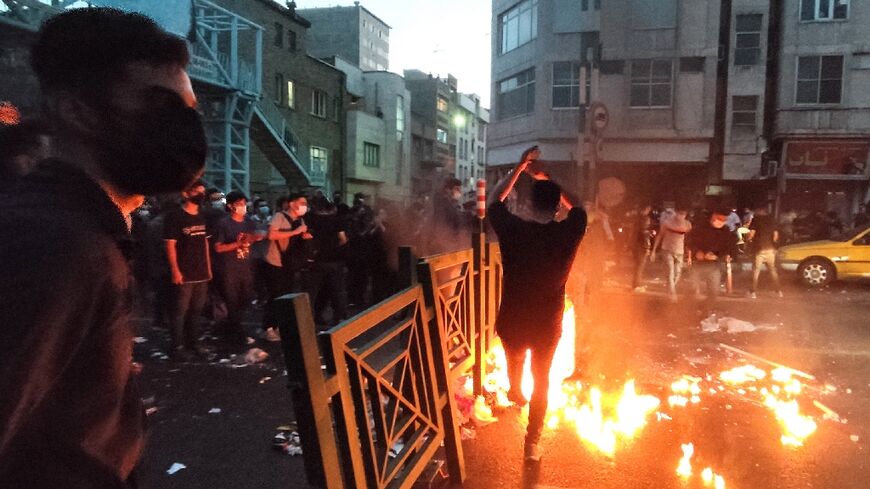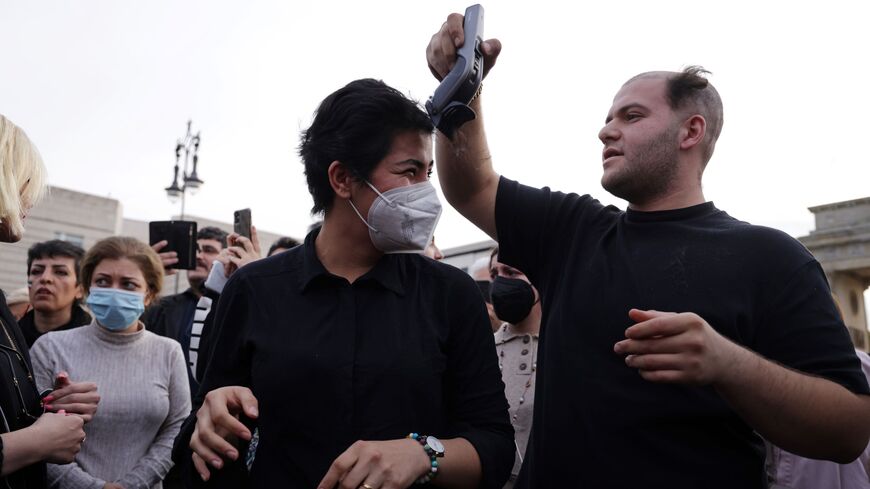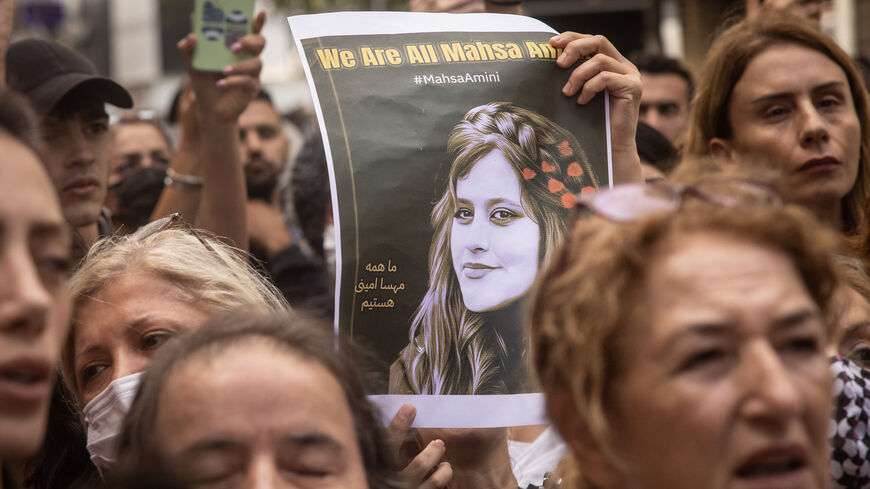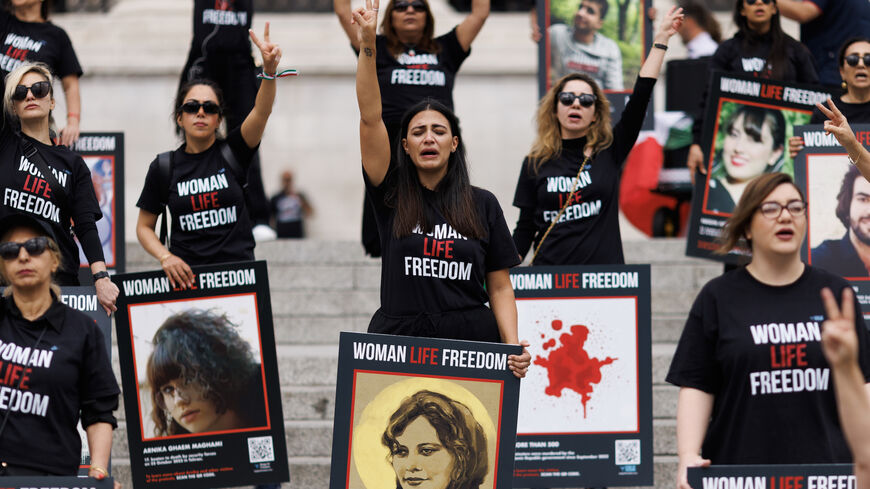Iran’s morality police hit with US sanctions as nationwide protests rage
The sanctions come less than a week after Mahsa Amini's death in custody of the morality police.

NEW YORK — The United States on Thursday imposed sanctions on Iran’s so-called morality police following the death in custody of a 22-year-old Iranian woman detained for violating the country’s hijab rules.
The Treasury Department accused the morality police, the Iranian law enforcement unit that enforces the conservative dress code, of “abuse and violence against Iranian women and the violation of the rights of peaceful Iranian protesters.”








